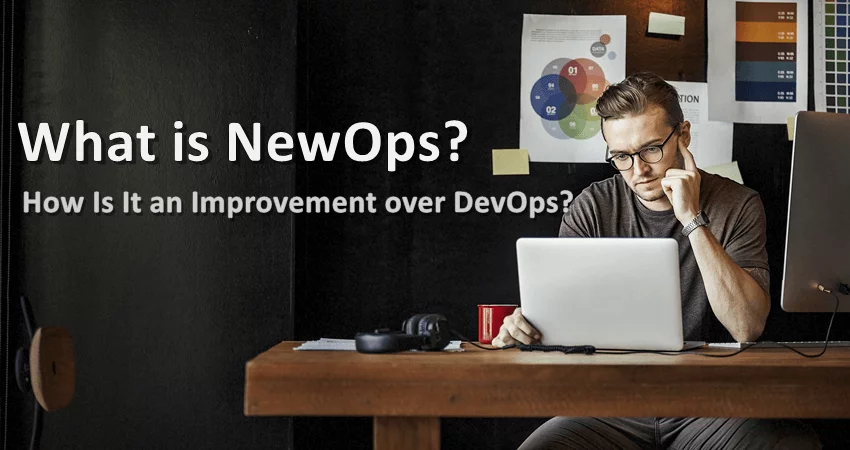In order to build, test, and release software more quickly, a set of defined practices automate the processes between IT & software development teams, and that is DevOps.
DevOps helps breaks the barriers between the Development and IT Operations teams. DevOps has helped companies to collaborate and do frequent deployments.
Many new approaches are taken under consideration to change or improve this relationship for even better communication and collaboration between these two units.
The DevOps movement also has steadily held a good grip among IT professionals. And, now we have entered the world of hybrid technologies, multiple cloud platforms, and agile techniques.
Over recent years, the employment of one or the other team is questioned with every new approach. Parts of the application lifecycle are neglected as a result.
Over recent years, a more interactive and iterative agile development process has resulted in much smaller releases at a higher frequency.
The Splunk Chief Technology Advocate, Andi Mann while dubbing NewOps said he wanted an even stronger connection between the development and operational teams.
NewOps is an evolution of the DevOps that attempts on collaboration and feedback loops, taking under the data-driven approach.
Operating NewOps furthermore empowers the teams with autonomy, adding to the DevOps principle.
DevOps and NewOps and NoOps
DevOps attempts to help in tightening feedback loops and building empathy. NewOps takes this further by empowering teams, providing autonomy, and creating a more stable environment for easier deployments. The NewOps supports the DevOps cycles of operation and fixes process.
Mann states that with the help of data and metrics, the ops team comes together with developers to help them solve issues.
The NewOps echoes DevOps objectives, but they are nowhere near NoOps, Andi continues. It applies a product mindset (effectively, infrastructure) to the traditional model of operations.
NewOps vision consists of cloud technology for every IT purchasing decision. NewOps also integrates with AIOps for predictive insights from the massive operations data.
Thus, it also generates present issues and future prediction errors and leverages automation to mitigate such problems before they take their toll.
NewOps is collaborative and dynamic while also focusing on cloud and on-premises environments. Thus overall, NewOps is considered as a DevOps model update rather than its alternative.
NewOps focuses on the operation and learning process of an application to optimize the lifecycle.
It also maintains a closer connection between the operations team and the development team to facilitate successful releases, implementation of mature data management, and streamline operational processes.
In contrast to NewOps, the NoOps process believes in eradicating traditional operation activities. Some major firms, like Google and Facebook, have already started to follow the path of NoOps and started using Hyper-Scale Cloud Data Center.
The NoOps is based on the idea of building a fully automated IT environment, abstracted away from the hardware infrastructure.
But how well versed is NoOps? Although some of its ideas do speed up the deployment process, it does have some significant fallbacks as well. It has a similar intent of improving the software deployment.
But for that, the NoOps workflow keeps away the developers from any infrastructural matters while acquiring more value out of cloud computing.
NewOps Days
NewOps Days are produced & organized by Splunk with the help of ITOps community members, Rundeck, and the DevOps Institute.
It is a community-based event series aimed to be carried out around 4 per year around the world.
It’s for discussing processes and platforms like Cloud Native, Automation, DevOps, Site Reliability Engineering Platform Engineering, and other similar topics among practitioners.
It aims to help ITOps and DevOps professionals to reach their maximum potential with their operations.
The local experts, guest speakers, and industry-leading experts come together to discuss the challenges and opportunities faced today in IT Operations.
You May Also like to Read:
NoOps- Is it really Overtaking DevOps?

